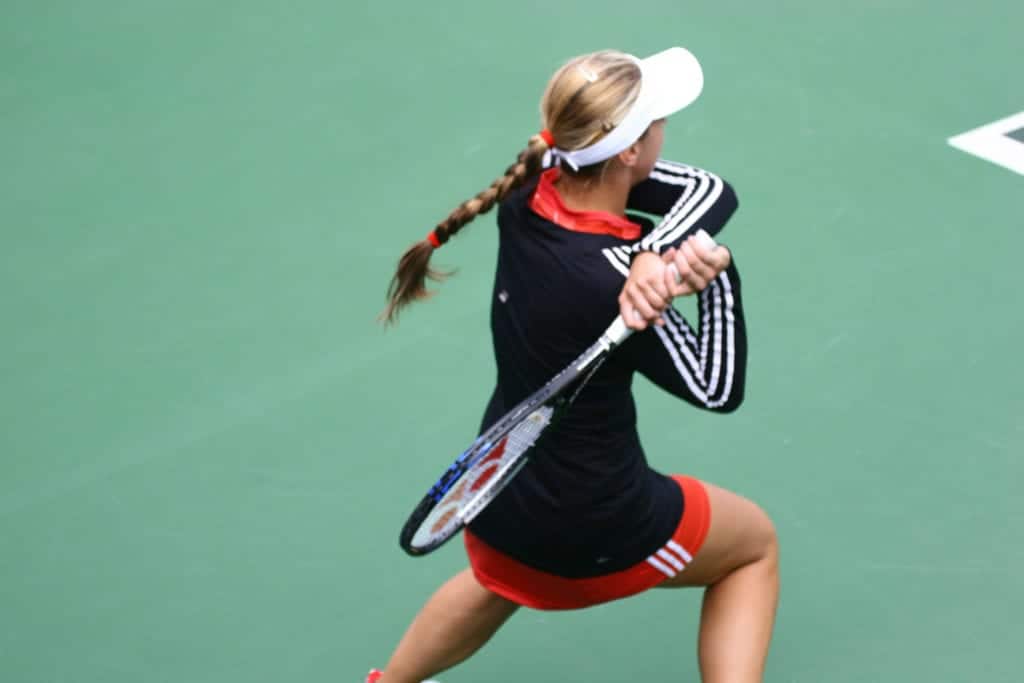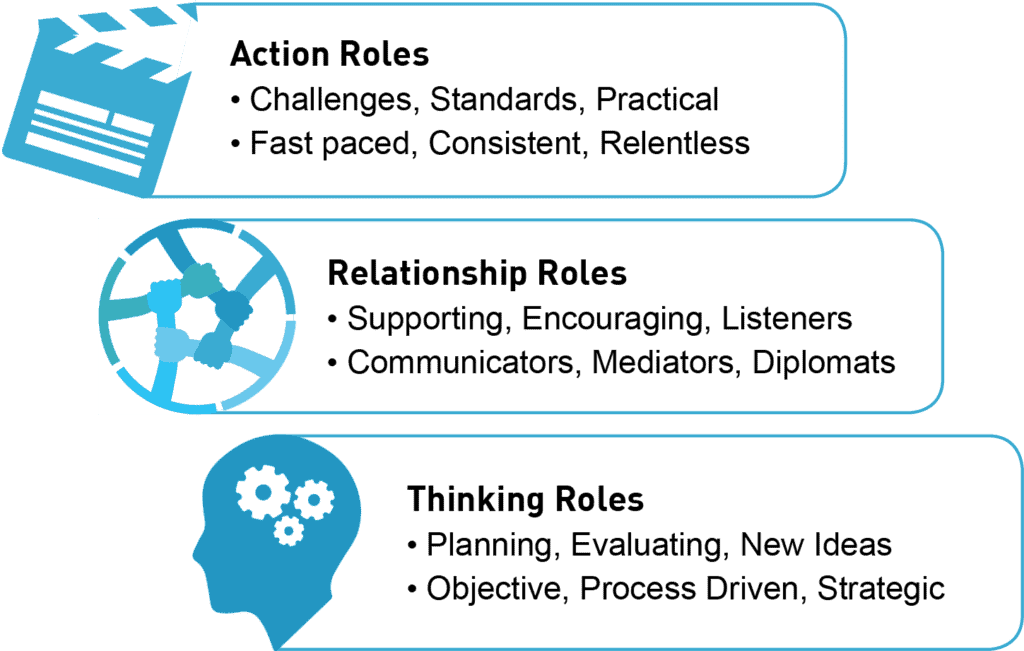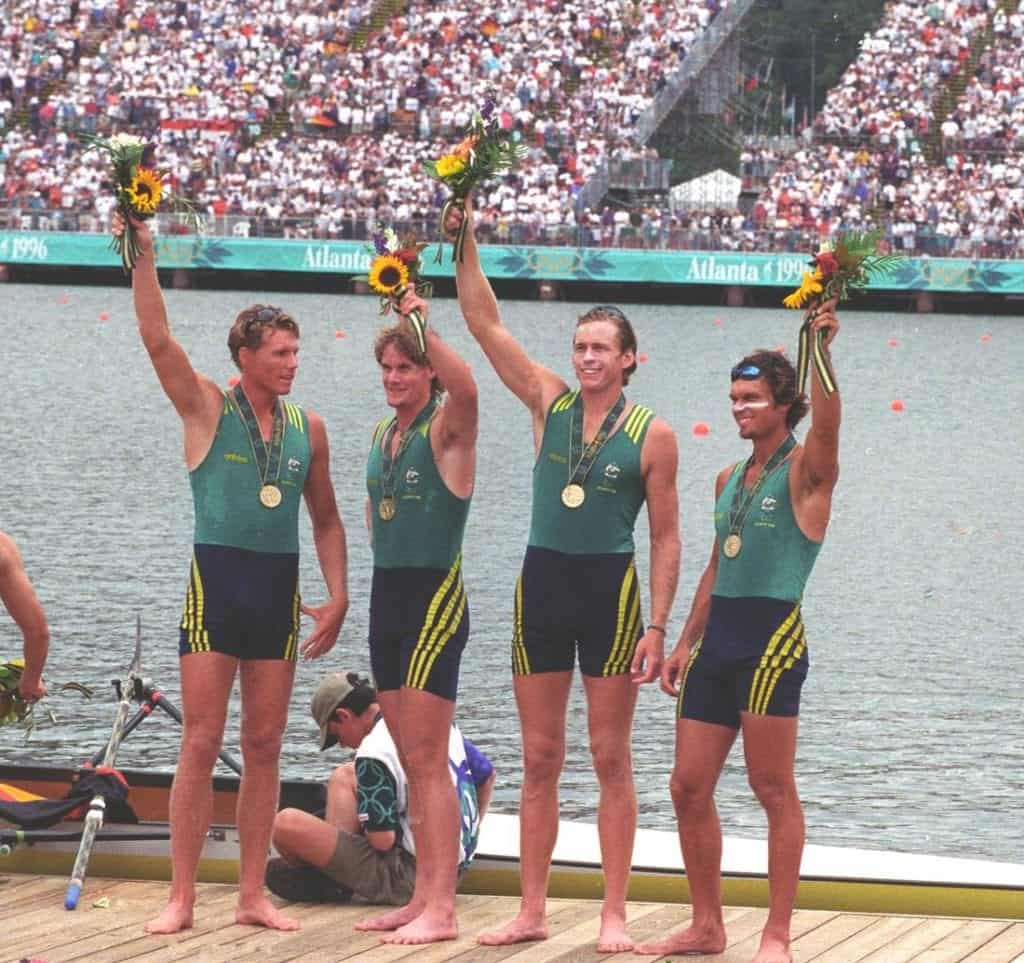Our role at Athlete Assessments is to help people become more self-aware. When you complete your CoachDISC or AthleteDISC Profile, you are essentially given the tools you need to become truly aware of the behaviors that help you and those that can be limitations. This is where knowing your DISC Profile Strengths becomes so valuable.
I recently had the experience of working with a young athlete who had just completed her AthleteDISC Profile. During our consultation, we discovered that all of the behaviors she had previously seen as being a limitation in her sport, were in fact behaviors that could be her greatest strengths.
Knowing your DISC Profile Strengths
This particular young athlete didn’t understand herself very well, she didn’t possess a lot of self-awareness or self-belief which is quite normal in young athletes. Previous Coaches had also suggested to her that many of the behaviors she exhibited were not helping her to be successful in her sport. Yet from my perspective, many of these behaviors could actually be key reasons for achieving great outcomes in her sport.
This athlete was high in her level of S and C. Previous Coaches suggested this meant she lacked the necessary aggression, competitiveness and will to win needed to be successful. But, her DISC Profile strengths were her ability to persevere, to be a selfless team member and to follow structure and game plans well. These were all qualities that could actually create great results and assist this athlete in becoming very successful.
High D – They set a high standard, hold the team accountable, and give direction.
High I – They are motivating and encourage the team, they are the ones who drive energy at practice.
High S – They act as a mediator for the team, encourage and support, they are the building blocks for the team.
High C – They are analytical, detail orientated, organized and provide structure for the team.
So my role then became to elaborate on what her DISC Profile strengths were, and how she could utilize them better to achieve greater results.
It was an interesting case study because it showed that what you focus on completely determines your outcome. If you focus on limitations, you get poor results, but if you focus on your strengths, you have the ability to achieve greatness. What I did was help reframe her results in a way that the athlete could understand and would help her to see an example of her strengths in her behaviors.

As a Coach, when you work with an athlete it is easy to see their limitations, but the more you focus on them, the more negative the athlete will feel about themselves. Everyone has limitations and some Coaches focus on pointing out what they are in the hope that they will miraculously improve. However most research suggests that we are far more effective when we focus on our strengths.
“No one who lacks self-esteem and self-belief is going to perform well.”
I challenge Coaches to look at their athletes, notice the behaviors they display and find ways to use these strengths for the betterment of the team through nominating them an appropriate Non-Technical role.
Generally roles can be broken up into three categories, Action Roles, Relationship Roles, and Thinking Roles. The DISC profiles will fit broadly into these three categories.
Action Roles – Action roles are suited to High D and I profiles. Action roles are specifically associated with completing the task more effectively. What that looks like at practice, is someone who turns up when the rest of the team are standing around socializing and they get the team going. They also give feedback on how the team can do things better.
Relationship Roles – Relationship roles are suited to High I and S profiles. These roles are associated with team harmony and team energy, these athletes check in with the team and see how they are going, they give encouragement and positive praise and feedback.
Thinking Roles – Thinking roles are suited to High C and S profiles. These roles are associated with planning, organizing and analyzing facts, looking at data and making sense of the game plan. These athletes are the players with a great understanding of the game tactics and the ones who can articulate this to other players.

Each of these roles are important and all contribute to creating successful athletes and successful teams.
*DISC Profiling can help you better understand your athletes and it can help them understand themselves and their behaviors better. If you found this article on DISC Profile Strengths valuable, you may want to learn more about DISC Profiling in Sport.
Athlete Assessments we’re here to provide you with excellence in service and to help you be your best. If there is anything we can do to be of service, don’t hesitate to contact us.



